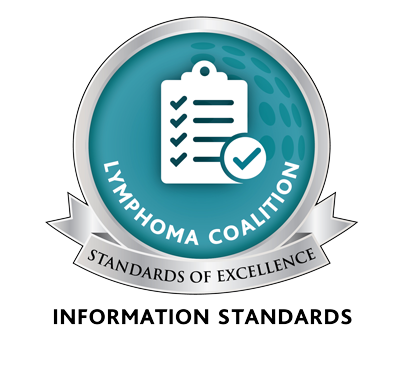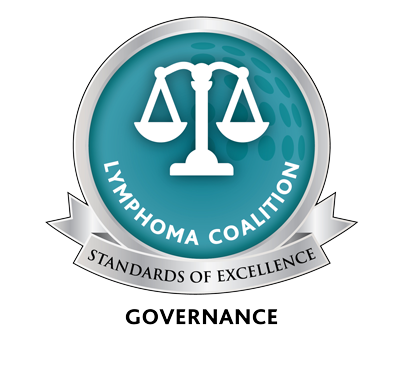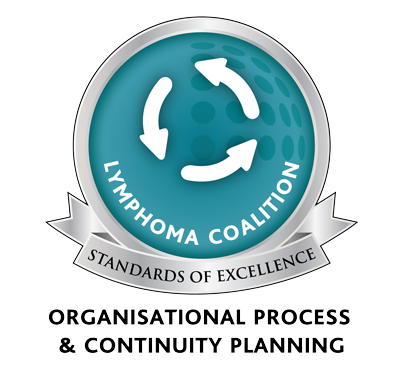Work and financial issues can cause problems for many people coping with advanced cancer. Some households lose two incomes, as both the person with advanced cancer and the primary caregiver stop working. Others try to keep working around appointments, sick days or caregiving. There may be extra expenses for medicines, therapies, supplies or home care not covered by provincial or private health insurance.
If you are having a hard time at work, discuss the situation with your employer. Together, you may be able to arrange for sick leave, compassionate leave or leave without pay to cover days off. Your employer might also suggest flexible work hours, working from home or other changes to your work schedule.
Talk to a social worker if your income has been affected by lymphoma. They can help you find out about government benefits and financial assistance programs that might be available to you. For example, federal compassionate care benefits may be paid up to a maximum of 6 weeks to a person who has to be absent from work to provide care or support to a gravely ill family member at risk of dying within 26 weeks. Unemployed persons on Employment Insurance can also ask for this type of benefit. For information on who is eligible, and how, where and when to apply please visit the Service Canada Web site.




